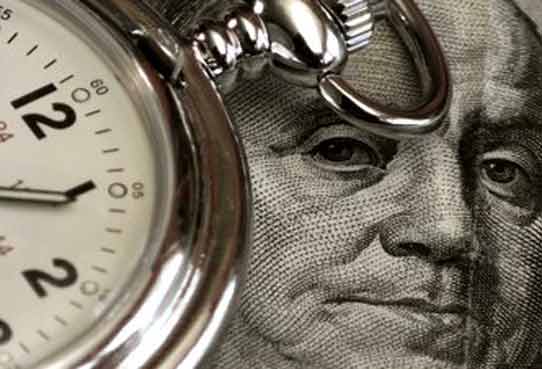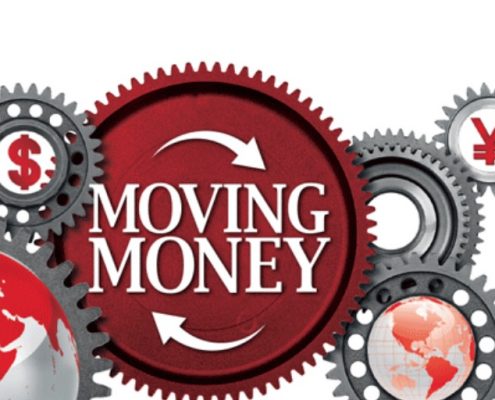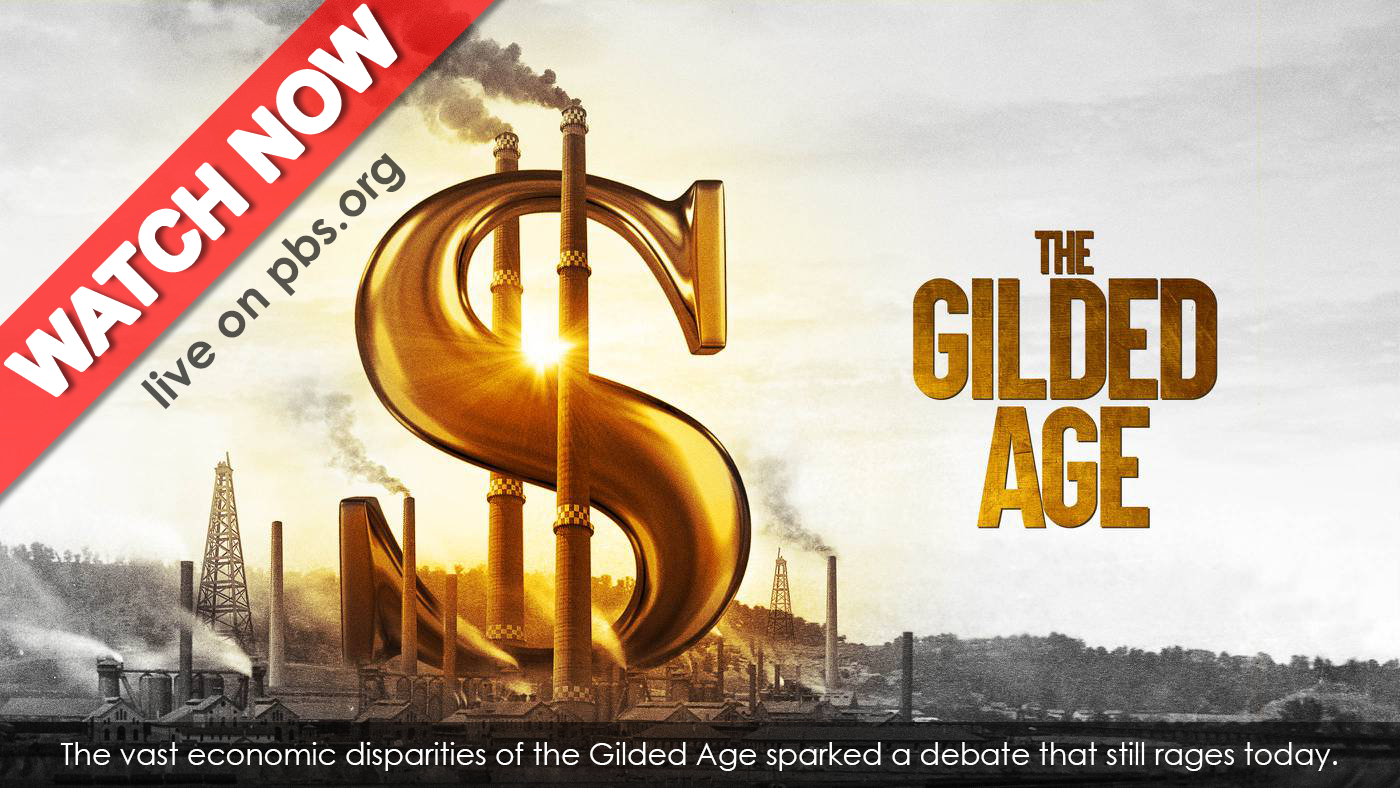Henry George School of Social Science Calendar
- 0101.February.Thursday

HISTORY OF ECONOMIC THOUGHT
Session 4Henry George School of Social Science149 East 38th Street, New York, NY 10016The purpose of this course is to introduce students to the theories and doctrines that constitute the main paradigms from which economists and policy makers approach the world. The course will cover the contribution of classical economists such as Adam Smith and his contemporaries which is today the theoretical reference point from which other theories have come to define themselves, either by opposing it (Marxian economics), by attempting to reform it (Georgism) or by re-adapting it (Neoclassical school).
Instructor: Ron Rubin
Location: 149 East 38th Street, New York, NY 10016
Time: 6:30 PM – 8:30 PM
Dates: Thursdays: 1/11, 1/18, 1/25, 2/1, 2/8
Main Text: R. Heilbroner, The Worldly Philosophers - 0505.February.Monday

Money Movements across the Globe – Causes and Consequences
SeminarHenry George School of Social Science149 East 38th Street, New York, NY 10016Money Movements across the Globe – Causes and Consequences
Since 1945 trade and investment between nations has expanded rapidly. Yet despite the high quality of its workforce, vast amounts of natural resources, and tremendous amounts of physical capital, the United States persistently buys more from other countries than it sells to them. Politicians periodically accuse other nations of manipulating exchange rates to favor their exports, while ignoring (or pretending to ignore) the fact that the value of the US Dollar, once convertible into gold, has eroded over time.
In this class Allen Smith charts the growth of global trade, explains its accounting, and studies the money flows between nations. Allen analyzes the structural changes that took place in the US monetary system and the impact of the purchasing power of the US Dollar on the US trade deficit.
We kindly ask students to do some research and come prepared to discuss these topics:
- January 29: The Foreign Exchange Market—What are consequences of floating exchange rates?
- February 5: Do Trade Deficits Matter?
- February 12: US Dollar as World Reserve Currency—For how much longer? What are consequences if this changes?
Note: This seminar is open to all, but priority will be given to students who have taken the course on Money and Banking.
- 0606.February.Tuesday

The Gilded Age
PBS DocumentaryPBS documentary:
Did you know that Henry George, famed economist, was part of the Gilded Age?
The PBS documentary on the Gilded Age for which the Henry George School has supplied some high resolution photographs and images will be broadcast. The documentary informs that:“George saw New York as a city in which “on one side a very few men richer by far than is good for men to be, and on the other side a great mass of men and women struggling and worrying and wearying to get a most pitiful living.” His popularity led to a nomination as the Labor candidate for mayor of New York. Despite his narrow defeat, George’s message resonated: Was America a land of opportunity or a closed system run by the few for their own gain.”To view the documentary, please see the link below.Be sure to check it out! - 0808.February.Thursday

HISTORY OF ECONOMIC THOUGHT
Session 5Henry George School of Social Science149 East 38th Street, New York, NY 10016The purpose of this course is to introduce students to the theories and doctrines that constitute the main paradigms from which economists and policy makers approach the world. The course will cover the contribution of classical economists such as Adam Smith and his contemporaries which is today the theoretical reference point from which other theories have come to define themselves, either by opposing it (Marxian economics), by attempting to reform it (Georgism) or by re-adapting it (Neoclassical school).
Instructor: Ron Rubin
Location: 149 East 38th Street, New York, NY 10016
Time: 6:30 PM – 8:30 PM
Dates: Thursdays: 1/11, 1/18, 1/25, 2/1, 2/8
Main Text: R. Heilbroner, The Worldly Philosophers - 1212.February.Monday

Money Movements across the Globe – Causes and Consequences
SeminarHenry George School of Social Science149 East 38th Street, New York, NY 10016Money Movements across the Globe – Causes and Consequences
Since 1945 trade and investment between nations has expanded rapidly. Yet despite the high quality of its workforce, vast amounts of natural resources, and tremendous amounts of physical capital, the United States persistently buys more from other countries than it sells to them. Politicians periodically accuse other nations of manipulating exchange rates to favor their exports, while ignoring (or pretending to ignore) the fact that the value of the US Dollar, once convertible into gold, has eroded over time.
In this class Allen Smith charts the growth of global trade, explains its accounting, and studies the money flows between nations. Allen analyzes the structural changes that took place in the US monetary system and the impact of the purchasing power of the US Dollar on the US trade deficit.
We kindly ask students to do some research and come prepared to discuss these topics:
- January 29: The Foreign Exchange Market—What are consequences of floating exchange rates?
- February 5: Do Trade Deficits Matter?
- February 12: US Dollar as World Reserve Currency—For how much longer? What are consequences if this changes?
Note: This seminar is open to all, but priority will be given to students who have taken the course on Money and Banking.

